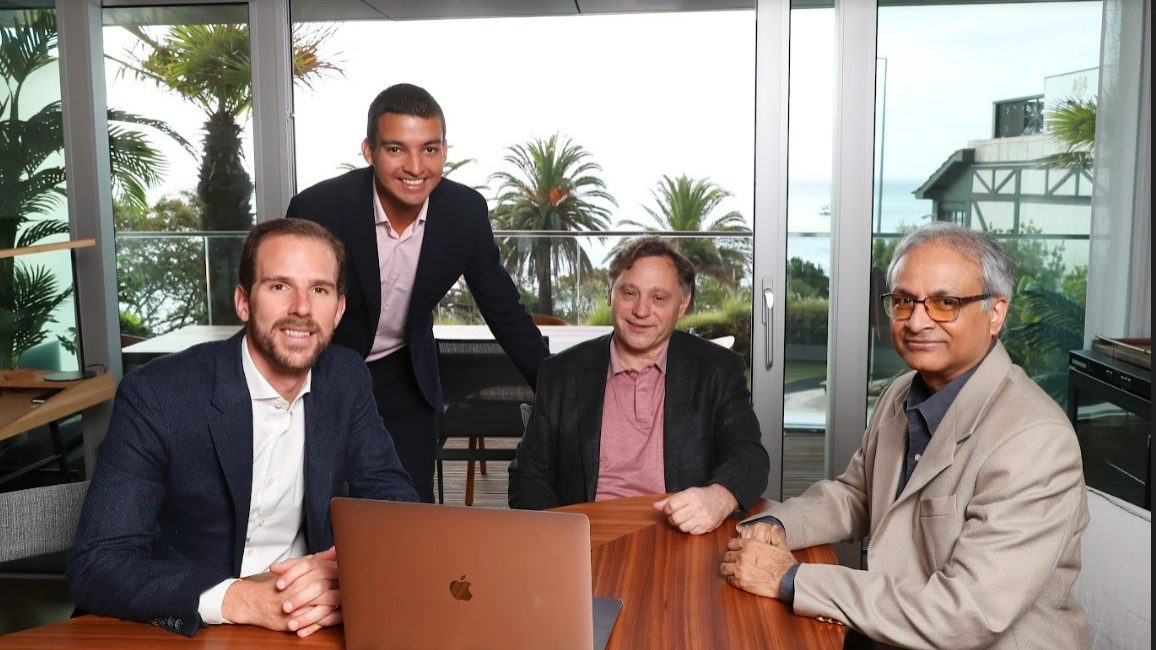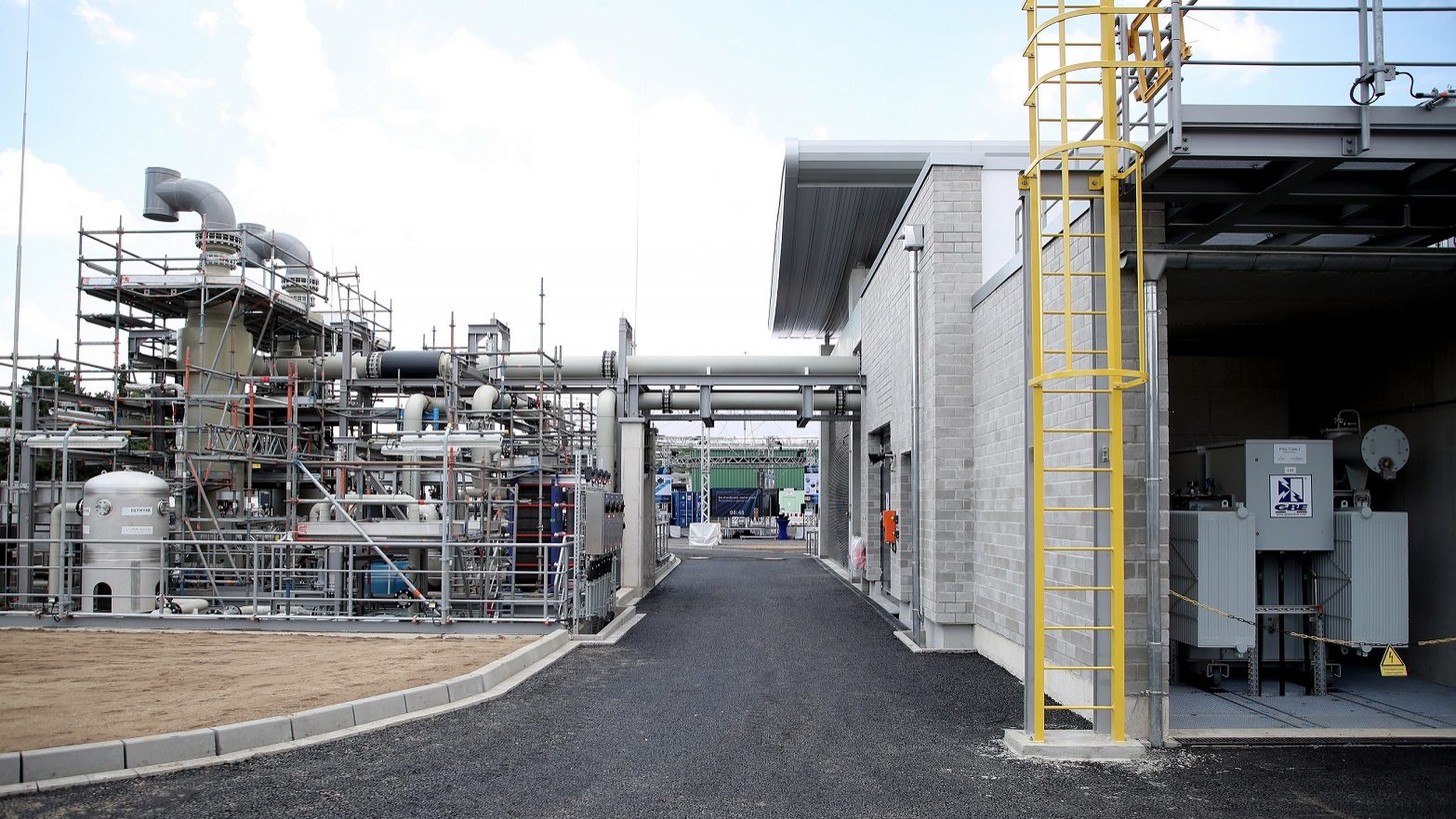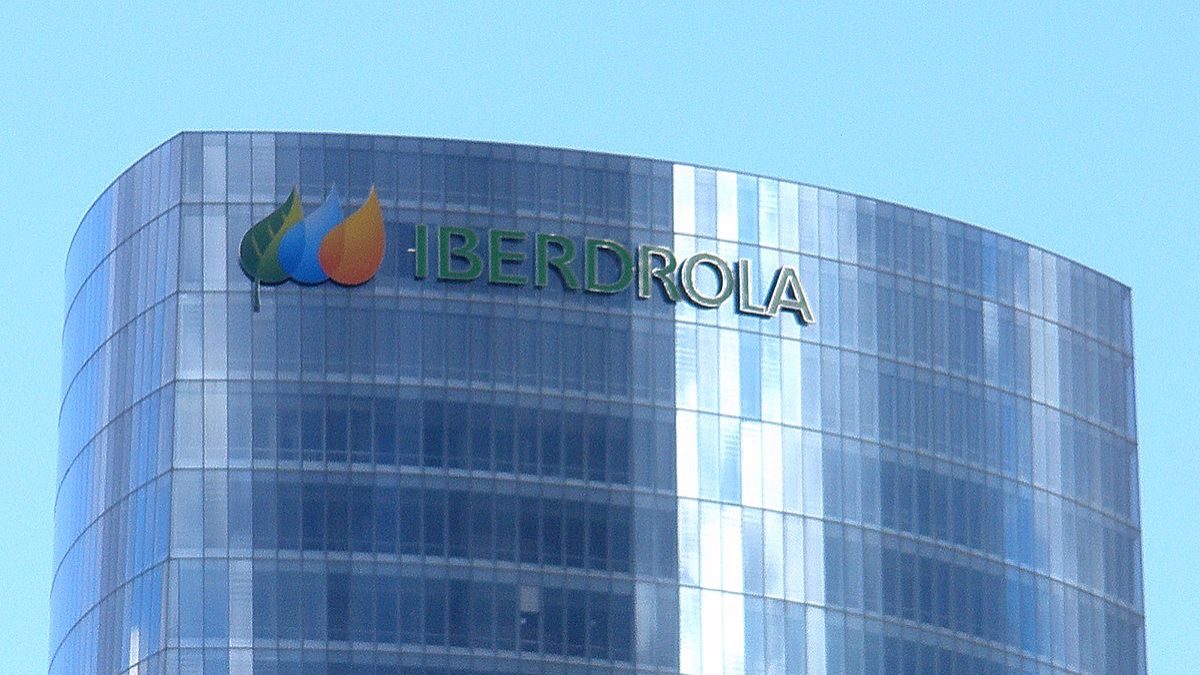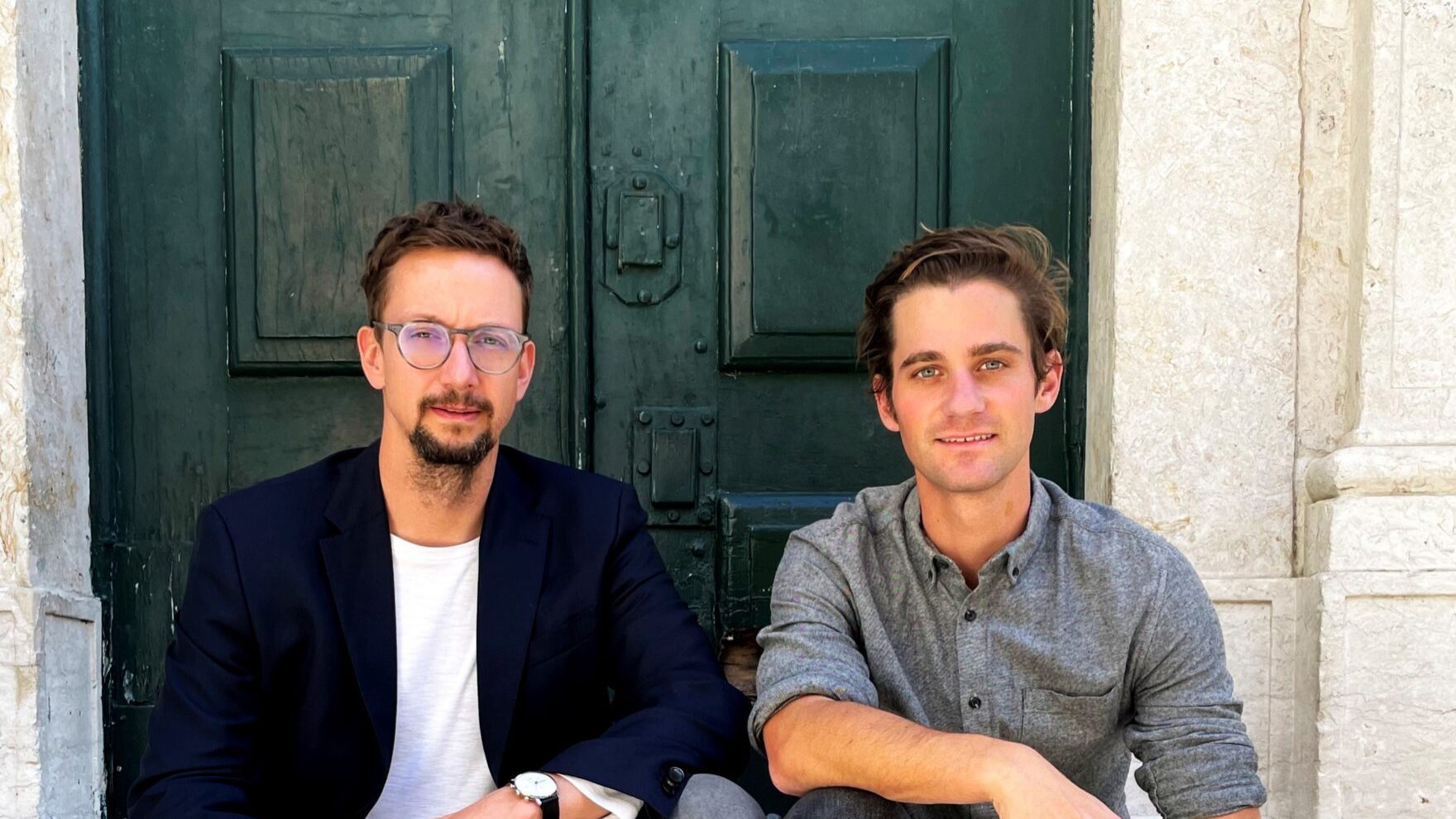Export of green hydrogen will make structural change to economy
The 25 projects signed today total €102 million in RRP funds, but in total they represent an investment of €237 million.
Portugal’s prime minister argued on Wednesday that the production of green hydrogen will allow the country not only to produce the energy it consumes, but also to become an exporting country, in what he called “structural change of the economy”.
At the signing ceremony of contracts under the first Renewable Hydrogen and other Renewable Gases Production Support Programme, as part of the Recovery and Resilience Plan (PRR – the post pandemic economic recovery programme funded by the EU bazooka funds), António Costa stressed that “one of the country’s chronic problems is its energy dependence”, and the weight that energy has in the national trade balance and that has worsened with the war in Ukraine.
“When we are freeing ourselves from fossil fuels, we are not only freeing ourselves from fuels that emit carbon into the environment, we are also making a decisive contribution to having a more balanced pegging and trade balance,” he argued.
The prime minister said that, with projects such as those signed today, besides the country ceasing to import much of the energy it consumes because it will start produ
cing it, it should also have another ambition for the future.
“We can become true exporters of the energy we produce and that is a structural change for the future of our economy, which will transform the country for the next decades, at least, and that is an opportunity we cannot waste,” he warned.
The prime minister considered that “the best demonstration that there is an effective interest of the European market” in the import of green hydrogen produced in the Iberian Peninsula was Germany wanting to join the project of the so-called ‘green hydrogen corridor’ developed by France, Portugal and Spain.
“If there is a market, if there is infrastructure, if there are currently financial resources to support, we must effectively invest,” said Costa thanking the companies that saw their projects approved today, only partially funded by the PRR.
The 25 projects signed today total €102 million in RRP funds, but in total they represent an investment of €237 million.
“You make a great effort on the part of the private sector. It is an excellent example that, with good public policies, with clear objectives, stable and transparent regulatory rules, with the speeding up and simplification of the licensing process and the proper combination between public support and the capacity to mobilise the private sector, we are able to transform the profile of the Portuguese economy in a sector as critical as energy,” he said.
António Costa said that when the government decided to commit to green hydrogen, “many had doubts”, despite Portugal having an abundance of resources needed for its production, such as sun and water.
“Fortunately, the PRR came to give the opportunity to demonstrate how it was a good solution and, unfortunately, the tragedy of the war showed how Europe and Portugal must accelerate energy independence,” he said.
In the environmental component, he highlighted that in these 25 projects alone it will be possible to reduce 167 thousand tons of carbon dioxide emissions.
“It means practically all the CO2 emissions from petrol for a year in the city of Lisbon, it has enormous potential for us to meet the goal we have of decarbonising the country,” he pointed out.
The prime minister stressed that many of the projects signed today “are not on the coast or in major urban centres”, they are close to industrial units and many in the interior.
“The development of the country’s interior is primarily about taking advantage of its local resources, we have sun, we have water and business capacity with the will to invest,” he stressed.
At the beginning of the ceremony, the minister of the environment and climate action had announced that the government will launch this month a second support programme for projects in the area of renewable gases, with an allocation of 83 million euros.
“We want to launch a second notice this month, a second programme for renewable gases with an allocation of 83 million euros and with this execute 100% this line of the Recovery and Resilience Plan (PRR). This notice will focus on the production of biomethane, the projects that were excluded from the first notice can now apply”, detailed Duarte Cordeiro.



